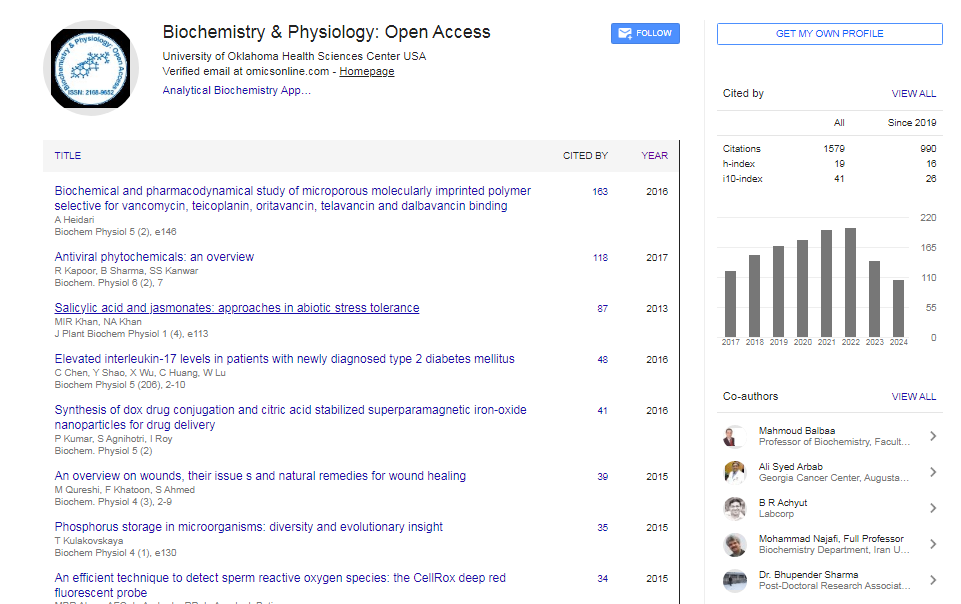Research Article
Effect of Different Sweet Sorghum Storage Conditions on Ethanol Production
| Wei Jiang1,2, Zhao Li1, Hongqiang Li1 and Jian Xu1* | |
| 1National Key Laboratory of Biochemical Engineering, Institute of Process Engineering, Chinese Academy of Sciences, Beijing 100190, China | |
| 2University of Chinese Academy of Sciences, Beijing 100049, China | |
| *Corresponding Author : | Jian Xu National Key Laboratory of Biochemical Engineering Institute of Process Engineering Chinese Academy of Sciences Beijing 100190, China Tel: +86 10 8254 4852 Fax: +86 10 8254 4852 E-mail: super_xujian@yahoo.com;jxu@home.ipe.ac.cn |
| Received August 25, 2014; Accepted September 05, 2014; Published September 12, 2014 | |
| Citation: Jiang W, Li Z, Li H, Xu J (2014) Effect of Different Sweet Sorghum Storage Conditions on Ethanol Production. Biochem Physiol 3:142. doi:10.4172/2168-9652.1000142 | |
| Copyright: © 2014 Jiang W, et al. This is an open-access article distributed under the terms of the Creative Commons Attribution License, which permits unrestricted use, distribution, and reproduction in any medium, provided the original author and source are credited. | |
Abstract
Preservation of the sugar has been a major concern in the bioprocessing of sweet sorghum. The present study attempted to establish a simple and feasible storage method for sweet sorghum by testing different storage temperature with/without the additive of nitrogen (N2). The effects of temperature and N2 on the changes of the fermentable sugars during the sweet sorghum storage process were investigated. Three temperatures including Room Temperature (RT), 4°C, 20°C with/without N2 were tested. The fermentable sugar content and the ethanol yield were used to evaluate the storage condition. The ANOVA shows that temperature is the more predominant factor in inhibiting the sucrose degradation compared to N2 for a longer preservation. After 112 days’ storage, 126.75 mg/g DW (Dry Weight) and 121.2 mg/g DW sucrose were obtained in the sweet sorghum which was stored at20 with/without N2, respectively, much higher than those at RT and 4 with/without N2. A similar trend was observed on the variation of glucose and fructose content in the sweet sorghum during the storage. The remarkable increase of glucose and fructose content was observed due to the rapid degradation of sucrose in sweet sorghum within the first two weeks. The ethanol production of 16.54 g/100g DW was achieved in the feedstock stored at -20°C for 112 days, corresponding to 85.4% of that from the fresh feedstock.

 Spanish
Spanish  Chinese
Chinese  Russian
Russian  German
German  French
French  Japanese
Japanese  Portuguese
Portuguese  Hindi
Hindi 